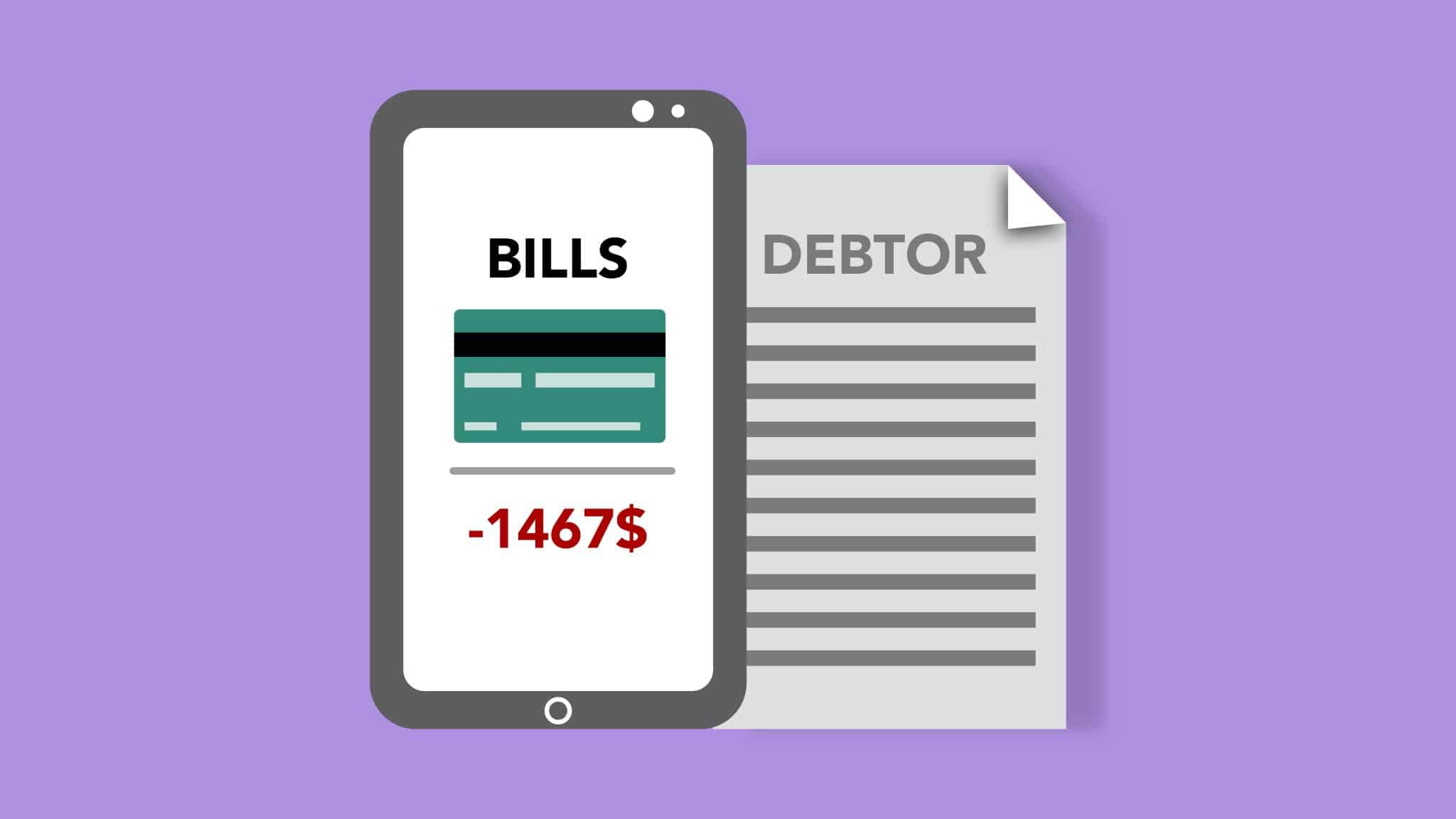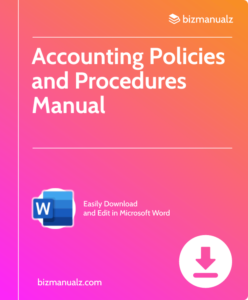How to Take Write-Offs In Accounting

Write-offs in accounting need careful thought and obeying the rules. To show the financial health of a business properly, it is essential to know the process and results of write-offs. How to take write-offs in accounting.
What are Write-Offs in Accounting?
Write-offs in accounting happen when the value of an asset or liability is reduced on a company’s financial statements. This occurs when their future economic benefits decrease or their costs go up. Write-offs show the true financial position and performance of a company.
A table can show how write-offs work:
| Type of Write-off | Definition |
|---|---|
| Bad Debt | Uncollectible amount owed by customer written off as an expense. |
| Obsolete Inventory | Value of inventory reduced because it’s no longer useful or saleable. |
| Impairment Loss | Value of an asset lowered due to things like damage, market changes, or technology. |
| Restructuring Costs | Expenses incurred when making big changes like layoffs or plant closures. |
Accounting standards boards have regulations and guidelines for write-offs. Companies must document and disclose their write-off activities in financial statements.
An example of the impact of write-offs is the Enron scandal in 2001. They used false transactions and off-balance sheet entities to hide debt. This resulted in huge write-offs when exposed, leading to huge losses for shareholders and one of the largest bankruptcies in history.
Why are Write-Offs Important in Accounting?
Write-offs are significant for accountants.
- They let businesses show the value of their assets accurately. Writing off impaired or outdated assets gives a more accurate view of the financial situation. This helps investors and other stakeholders make the right decisions.
- Also, write-offs let businesses comply with accounting standards. For instance, GAAP says an asset must be written off if it has no benefit in the future. This makes sure that financial statements are truthful and consistent.
- Moreover, write-offs can reduce taxes. Companies can lower the taxable income with proper documentation and justification of write-offs. This saves money and enhances profitability.
Now, let me tell a story that illustrates the importance of write-offs in accounting. XYZ Corporation was once a leading tech firm that grew fast. However, market trends caused some of their inventory to become outdated.
So, XYZ Corporation wrote off these obsolete items from their balance sheet. This gave a true reflection of their finances and prevented them from misleading investors.
Steps to take write-offs in accounting
Write-offs in accounting require careful thought and accurate action. Here is a 3-step guide:
- Pinpoint the need: Look through financial records and identify assets or costs unrecoverable or no longer useful. Examples include unpaid debts, old inventory, or ruined equipment.
- Document the write-off: Record details like the item, reason for write-off, and proof.
- Adjust books: Put the reduction in assets/costs in balance sheets and income statements.
Companies may have their own financial accounting procedures. Consult an accountant or follow internal directives to stay compliant. Write-offs offer many benefits. Companies can gain clarity on their real financial state. Good write-offs help businesses make wise decisions about money.
An example: A manufacturing firm once didn’t take write-offs on its outdated inventory. This mislead their financial planning and cash flow management. They learned not taking write-offs can lead to dire consequences.
Common challenges in taking write-offs
Accounting write-offs can be a tricky business for companies. Common issues include:
- Deciding when to write-off an expense. This can lead to delays and errors in financial reporting.
- A lack of supporting documents. Records are essential to justify write-offs, but often organizations fail to have them.
- Adhering to accounting standards, like GAAP or IFRS. Each industry may have its own unique difficulties too.
For example, retailers may struggle to estimate inventory obsolescence and when it should be written-off.
Enron Corporation is an infamous case of improper write-offs. They manipulated financial statements with fraudulent write-offs, leading to one of the biggest corporate scandals ever.
To handle write-offs successfully, transparency and ethics are key. Robust processes must be put in place to make sure financial reporting is accurate when dealing with unrecoverable expenses.
Best Practices for taking write-offs in accounting
It’s key to have established regulations and directives for deciding when a write-off is needed. This is for regularity and to evade extraneous write-offs. Additionally, examining accounts receivable and figuring out prospective bad debts is imperative.
Timely action can be taken to write off these debts and reduce their impact on financial declarations. Moreover, having precise documentation is essential. All reasons for the write-off, evidence, and any efforts to get the debt should be kept for auditing purposes.
Furthermore, analyzing write-offs regularly can give useful insights into areas where progress can occur. By spotting trends or reoccurring issues, businesses can take corrective steps to stop coming write-offs.
Also, it’s important to think about other things such as legal demands and industry norms when taking write-offs in accounting. An example of the importance of appropriate write-offs is a large multinational company that had no clear policies related to write-offs.
This caused various divisions to have dissimilar procedures for recognizing bad debts and writing them off, creating discrepancies in financial reporting and confusion during audits. Ultimately, with the implementation of standardized measures for taking write-offs, the company was able to boost its financial correctness and restore investor certainty.
By sticking to best practices and learning from old mistakes, businesses can effectively manage the intricate process of taking write-offs in accounting while preserving accuracy and compliance.
Write-Offs In Accounting
Accounting write-offs are a must for accurate records. Understanding and doing them right benefits a business’s expenses and profits. Write-offs mean reducing the value of something you can’t get back, like bad debt or worn out inventory.
It’s important to know the rules for each type of write-off. Bad debts need a certain wait time before writing them off. Businesses should check their receivables and inventory regularly for write-off candidates. Credit checks and up-to-date inventory help avoid future write-offs.
Also, businesses should have clear policies and procedures for write-offs. Document the reason, get approval, and update the financial statements. This way, companies can stay transparent and prevent problems with incorrect reporting.
Frequently Asked Questions
 1. What are write-offs in accounting?
1. What are write-offs in accounting?
Write-offs in accounting refer to the process of deducting the value of an asset or expense from a company’s financial records. It typically involves reducing the value of a non-performing asset, bad debt, or obsolete inventory. Write-offs help companies accurately reflect the true financial state of their operations.
2. How do I determine if an expense is eligible for a write-off?
An expense is typically eligible for a write-off if it meets certain criteria. For example, if an asset has become obsolete, damaged, or no longer usable, it may be eligible for a write-off. Similarly, if a debt is deemed uncollectible, it can be written off as a bad debt expense. However, it is important to consult with accounting professionals or follow accounting standards to accurately determine eligibility.
3. How does a write-off impact the financial statements?
A write-off affects the financial statements by reducing the value of assets or increasing expenses. It can lower the company’s net income, which in turn affects profitability and taxes. Write-offs are usually reflected in the income statement or the balance sheet, depending on the type of write-off being recorded.
4. Are there any tax benefits associated with write-offs?
Yes, there can be tax benefits associated with write-offs. Depending on the jurisdiction and applicable tax laws, certain write-offs may be tax-deductible. However, it is essential to consult with tax professionals or follow tax regulations to ensure compliance and to understand the specific tax benefits associated with write-offs.
5. Can write-offs be reversed?
In certain cases, write-offs can be reversed. For example, if a previously written-off debt is later collected, the write-off can be reversed, and the amount can be recorded as income. However, reversing write-offs should only be done when appropriate documentation and justification exist, and it is advisable to consult with accounting experts in such situations.
6. What are the potential risks of incorrect write-offs?
Incorrect write-offs can have various negative consequences for a company. It may lead to financial misstatements, inaccuracies in tax filings, and potential legal issues. Improper write-offs can also distort financial analysis and decision-making, affecting the company’s overall financial health and credibility. Therefore, it is crucial to follow proper accounting principles and seek professional advice when dealing with write-offs.
















Leave a Reply